Health Insurance FAQs (Frequently Asked Questions)




Simran is an insurance expert with more than 4 years of experience in the industry. An expert with previous experience in BFSI, Ed-tech, and insurance, she proactively helps her readers stay on par with all the latest Insurance industry developments.
Reviewed By:

Raj Kumar has more than a decade of experience in driving product knowledge and sales in the health insurance sector. His data-focused approach towards business planning, manpower management, and strategic decision-making has elevated insurance awareness within and beyond our organisation.
Updated on Jul 09, 2025 4 min read
Health Insurance Frequently Asked Questions
Health Insurance has become a necessity nowadays especially after COVID-19. It has become an unavoidable aspect as it provides medical coverage to the people at the time of medical emergencies. However, when it comes to buying medical insurance, many questions arise in front of buyers. This article will put some light on these such questions.
Consult for Personalized Insurance Advice

But how does it work?
Schedule a call with India’s number 1 trusted advisor with a 4.5+ rating on Google. We are not your average insurance agents. Our advisors are experts in their insurance knowledge and will give you the right information at the right time. The service is free of cost! Don’t worry, we won’t spam as we value your time.
Health Insurer Network Hospitals
1. Why should I buy Health Insurance?
Health Insurance protects you and your family by providing financial support at the time of medical emergencies. Health Insurance ensures that you do not lose your savings while paying the medical bills.
2. Can I cancel my Health Insurance policy and get a refund?
Health Insurance companies provide a free-look period of 15-30 days within which you can cancel your policy. If you cancel the policy within this period, the company will refund the entire premium amount after deducting the stamp duty and proportional risk charges.
3. What are the maximum number of claims allowed over a year?
A policyholder can make any number of claims in a year but the claim amount has to be within the maximum amount i.e. sum assured.
4. Can I pay my Health Insurance premium in installments?
Yes, you can pay the insurance premium in installments on a monthly, quarterly, half-yearly, and yearly basis.
5. What are the benefits of buying a Critical Illness insurance policy?
The critical illness insurance policy protects the policyholder from life-threatening illnesses such as Heart Attack, Cancer, Stroke, Kidney Failure, and many more.
6. Are maternity/pregnancy-related expenses covered under Health Insurance plans?
It depends from company to company & plan to plan. Some companies offer plans that cover maternity/ pregnancy- related expenses. Premium of such plans is higher than that of the standard Health Insurance Plans.
7. Will My Health Insurance Policy Cover Me outside India?
Normally, a Health Insurance policy provides cover across PAN India. However, there are few companies that provide coverage outside India too.
8. Are Naturopathy and Homeopathy Treatments covered under a Health Policy?
Standard Health Policies do not cover Naturopathy and Homeopathy treatments but you can cover Naturopathy and Homeaopathy through AYUSH cover. Under AYUSH, a person can get cover for any of the treatments listed under Ayurveda, Yoga, Unani, Siddha and Homeopathy
9. Can I avail this policy if I am not an Indian Native but living in India?
Yes, foreigners living in India can purchase Health Insurance plans from Indian Insurers but the coverage of the policy is restricted to India only.
10. What is Cashless Claim Settlement Facility?
With Cashless Claim Settlement, the policyholder does not have to pay any bill amount in the Panel/ Network hospital of the company. The insurer settles all the bills with the hospital on its own. The policyholder has to only pay the expenses which are not covered under the cashless facility.
11. Will I be eligible for Tax Benefits if I buy Health Insurance?
Yes, as per the act 1962, the Tax Benefits are available in the form of deduction under section 80D. One can avail of the benefits of annual deduction of INR 25K for taxable income for self and dependents & INR 50K for senior citizens. To avail this benefit, the policyholder has to show the proof of premium payments.
12. What are Exclusions of a Health Insurance Policy?
There are a set of exclusions (things that are not covered) in the Health Insurance policy. Few of them are mentioned below:- AIDS, Cosmetic Surgery, and Dental Surgery Cataract & Sinusitis: Not covered in the first year but covered in subsequent years PED (Pre-Existing Diseases)
13. Is a medical checkup necessary before buying a policy?
If a customer (above age 50 years) wants to buy a new policy, then he must undergo a medical checkup. However, medical checkups are necessary for the renewal of policies.
14. What is Top-Up and Super Top-Up Plan?
Both the plans are almost similar to each other as both provide coverage above the threshold limit of the health plan. The only difference is that a Top-Up plan covers a single claim above the threshold limit, while a Super Top-Up plan covers multiple claims above the threshold limit.
15. What are the documents required for a Top-Up Health Insurance plan?
Age proof, identity proof, and address proof are required for a Top-Up Health Insurance plan but if your age is 50 and above, then you require a medical test report.
Health Insurance Companies
Know More About Health Insurance Companies
Share your Valuable Feedback
4.4
Rated by 2635 customers
Was the Information Helpful?
Select Your Rating
We would like to hear from you
Let us know about your experience or any feedback that might help us serve you better in future.


Written By: Simran Kaur Vij
Simran is an insurance expert with more than 4 years of experience in the industry. An expert with previous experience in BFSI, Ed-tech, and insurance, she proactively helps her readers stay on par with all the latest Insurance industry developments.




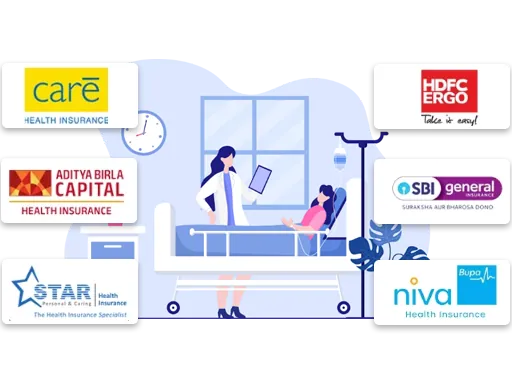

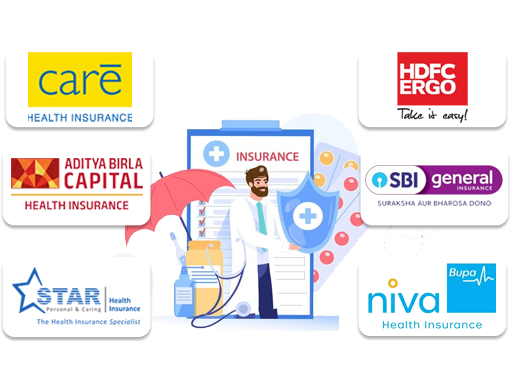



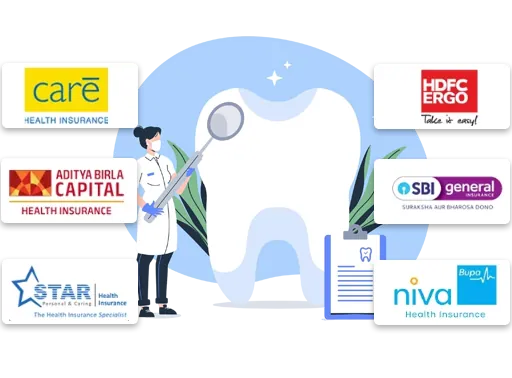



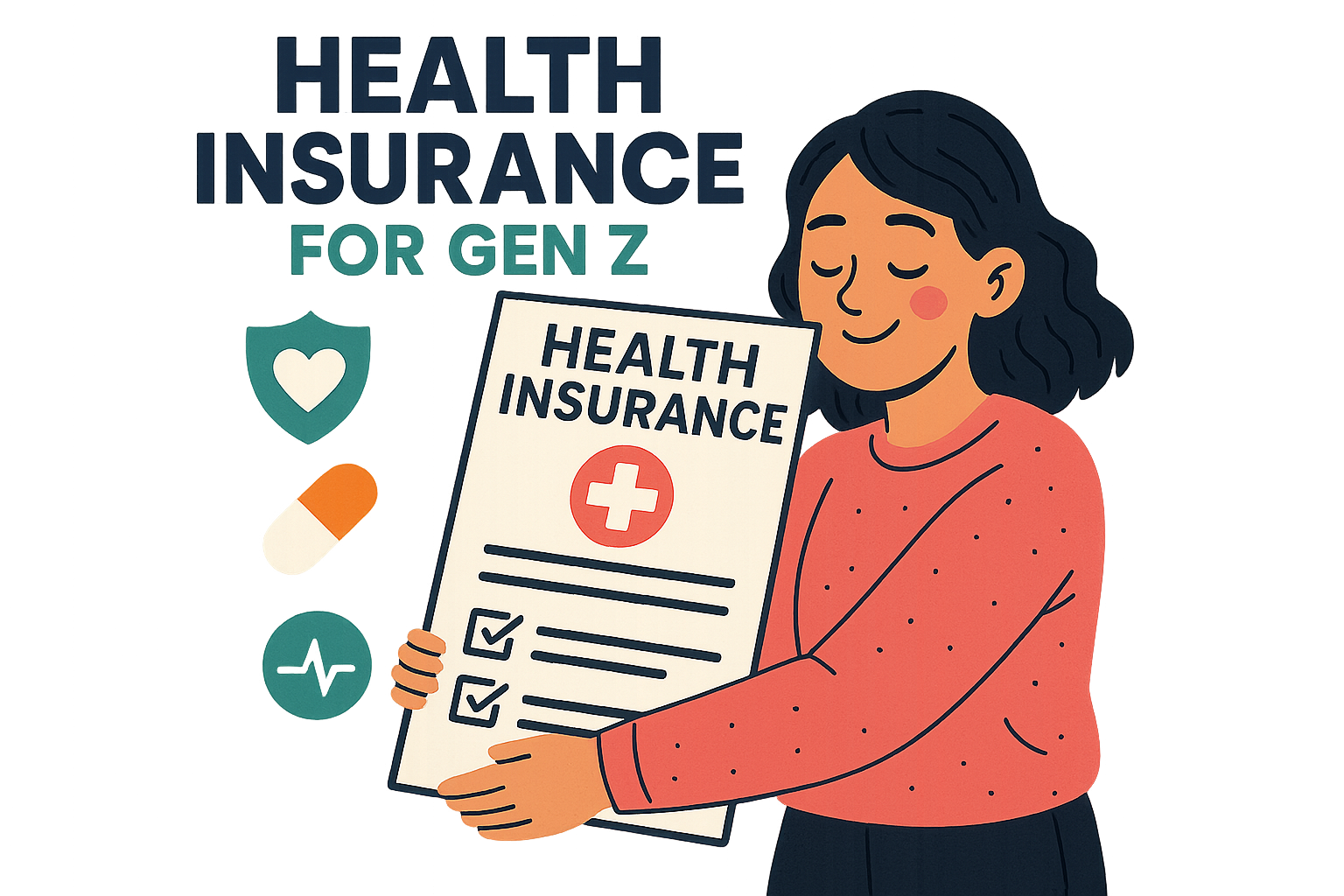
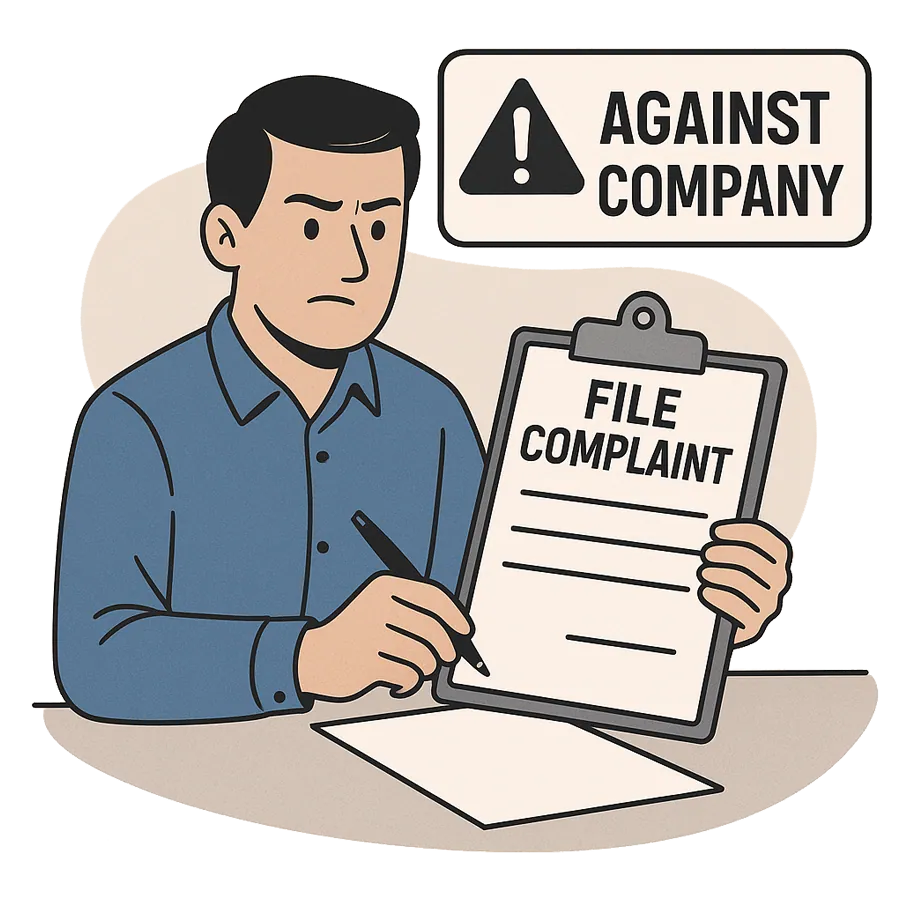




Do you have any thoughts you’d like to share?